Interview with TAYAL S.P.A textile company – Algeria
By: Kohan Textile Journal
As the full name of the company states, TAYAL is the Algerian for Textile Industries, and we emphasize on the plural of the latter. This name merely scratches the surface of what our company is about.
Please let us know more details about TAYAL S.P.A textile company, history and success story.
Founded in November 2013 as a joint-venture between three public sector companies in Algeria; TEXALG, C&H from Getex Group, Algeria’s most important textile and leather producer and SNTA (which later became Madar Holding) in coalition with InterTAY, the international representative of the Turkish Textile giant TAY Group. The fruit of this collaboration was baptized “TAY ALGERIA” and shortened TAYAL.
The project is spread over an area of 2,500,000 sqm for its first phase, of which a portion of 1,000,000 sqm is already completed and functional, on which an area of more than 400,000 sqm is indoor, in the form of 25 blocks and units of which 15 are destined to production.
What makes TAYAL special is the fact that it is one of the few completely integrated textile complexes in the world, starting from cotton fiber to ready-to-wear garments, going through all the stages of fiber transformation, and consuming a considerable amount of cotton estimated at 40,000 tons annually at its full capacity, thus creating around 10,000 jobs.
What is your range of products in TAYAL company?
With over a billion dollars in investment, TAYAL was built with full vertical integration transforming natural and synthetic fibers into 36,000 tons of yarn ranging from the coarse count of 6 Ne to the fine count of 80 Ne using 101,184 spindles and 2,700 Open End rotors. TAYAL produces Ring, Carded, Combed, Compact, Open End and Plied Yarns, using fibers of Cotton, Polyester, Viscose, Modal, Tencel and Linen, making Core Spun, Slub, Core Spun Slub, Dual Core and Dyed Yarns.
Starting with its high-quality yarn, TAYAL transforms it into 55 million meters of woven fabric (denim, non-denim and shirting fabric) and 5,500 tons of knitted fabric. Based on different types of yarn, and using an arsenal of latest technology equipment, TAYAL produces a variety of fabrics with a wide range of compositions, widths, weights, dyes and elasticity.
Disposing of 5 confection units with more than 5000 employees, TAYAL has a garment production capacity of 30 million pieces per year, TAYAL aims to deliver over 12 million denim and non-denim, 12 million knitwear, and 6 million shirting garments.
How do you evaluate Algerian textile and fashion sector and its potentials?
Algerian textile and leather companies, which still resist the multiple constraints linked to the effects of massive imports, hold less than 10% of the Algerian market. The textile and clothing subsector which has needs that exceed 150 million items annually, is only covered at 5% by the local producers, the rest is flooded at 95% by import.
Following the efforts made by the state to revitalize this sector, textile and clothing industries have climbed by nearly 12% in the last few years.
Algeria intends to achieve a “solid partnership” according to the 51-49% rule with foreign companies, particularly Italian or Turkish -the latter being the igniter of TAYAL’s existence- for the transfer of technology and know-how in this industrial branch, in order to be able to rebound in the domestic market, where demand for quality products is strong.
The Textile sector in Algeria is a strategic sector with a promising future which has powerful assets, that would allow it to reach around 2 billion euros of Textile-Clothing exports by 2022 according to statistics and plans actions proposed by experts in the sector.
How many percent of TAYAL products use in domestic Algerian market and how many percent go to international markets? Let us know more about your export destinations.
The initial business plan that was drawn for TAYAL expected over 60 percent of its production to be destined to international markets, leaving 40 percent for the domestic market. The company’s international sales are mostly high-quality yarns, which were exported only three months after the launch of production.
Since then, TAYAL has exported to 12 destinations in four continents, namely Belgium, France, Italy, Poland, Portugal and Spain in Europe, Egypt, Morocco and Tunisia in Africa, Turkey in Asia and Peru in South America and it continues to reach out to other international markets. As for fabric, it has been exported in its denim, non-denim and knitted forms to Egypt, Morocco, Tunisia and Turkey.
The remainder of the products is currently distributed in the local Algerian market and facing high appreciation and generating customer satisfaction.
How do you evaluate textile and fashion industry in North Africa and Africa in general?
Maghreb countries in addition to Egypt detain a certain strength in the confection industry, our company is only a small addition to tens of years of experience in the field. However, the raw and semi-finished textile industry, i.e., production of fiber, yarn and fabric is quite limited to non-existent because of the high investments that the industry requires as it is hardware-oriented rather than labor-intensive which makes it much harder to conquer. Unfortunately, the rest of the continent remains in a “market” situation.
Unfortunate as it may seem, there is also a silver lining to this situation as it allowed us to found our company. TAYAL holds a unique position in the region as it produces raw, semi-finished and ready-to-wear textile products in the same location, allowing it to cut on logistics expenses and gain on competitive pricing in addition to its strength of vertical integration. TAYAL aims to conquer the North African market with its yarn and fabric products and the African market with its textile and garment products.
COVID 19 shows us we should rely more on sustainability and green products, how we can improve sustainability in textile industry? have you any sustainable solutions or products in TAYAL?
It is secret to nobody that sustainability is not a choice anymore, it is as important and mandatory as any other function in any industry. At TAYAL, we keep the sustainable development goals set out by the united nations at the core of our business. Although we have not yet deployed all the potential technologies to reach our maximum sustainability goals, the intention for a mostly sustainable production chain was there since the beginning.
TAYAL has invested in two large units dedicated to energy and wastewater management. The former has eight natural gas engines generating over 62 megawatts of energy in various forms such as electricity, water steam and cooling energy and the latter treats over 10.000 m3 of wastewater both chemically and biologically to maintain a responsible and clean output into the environment.
TAYAL is also a BCI® (Better Cotton Initiative) Member since May 2020 and produces BCI-based products for various clients, in addition to its Oeko-Tex 100 Standard for Yarn acquired on May 31st 2020. It continues its efforts to be certified in Oeko-Tex 100 Standard for Fabric, RCS, GRS, GOTS, ISO 9001/14001/45001/26000 and cover all the possible sustainability aspects.
Download TAYAL Company Information




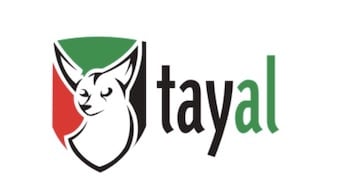
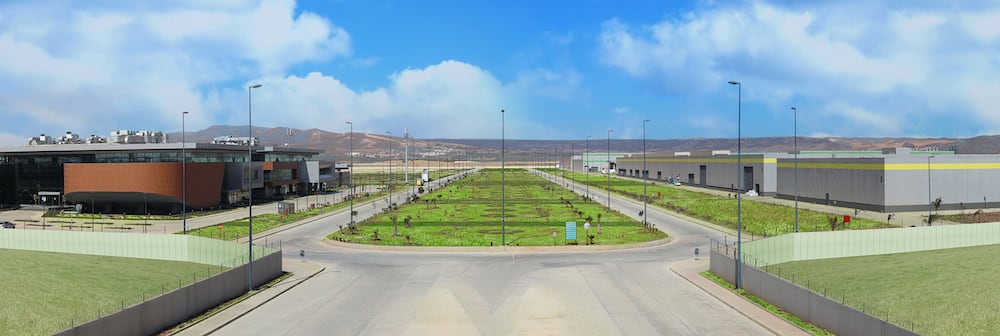

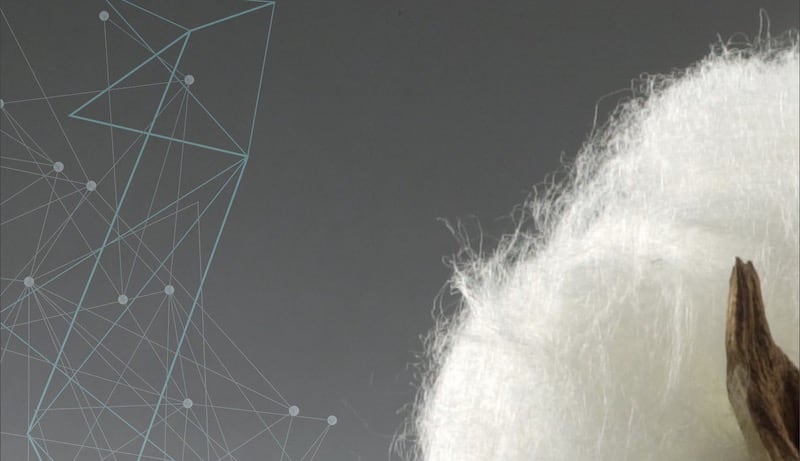
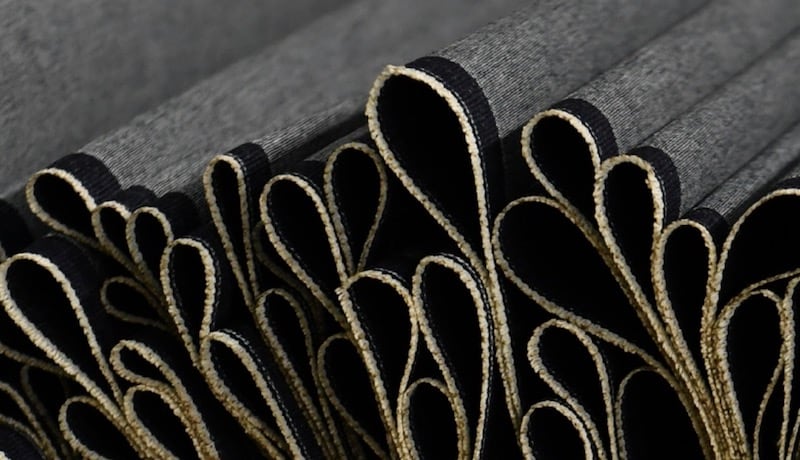
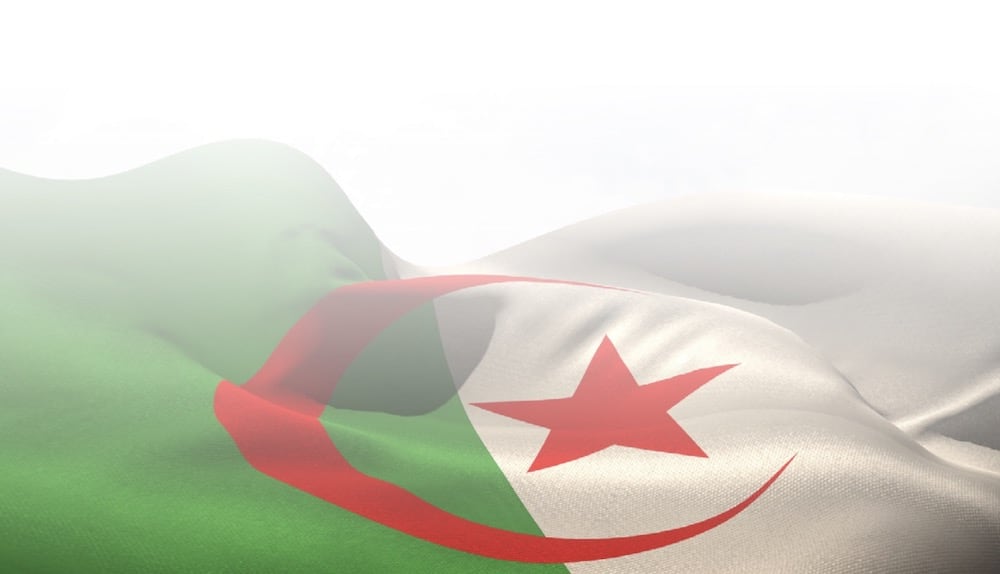



























Hello
My name is kassous Muhammad Al-Amin. I held the position of a warehouse magasinier in Tosyali Company and the general store official in the Metiji Company. I am honored to apply for work in your company
Best regards
Good to learn about TAYAL.
Interested to be associated as consultant for implementation and training on social, quality , environment and health and safety management system.